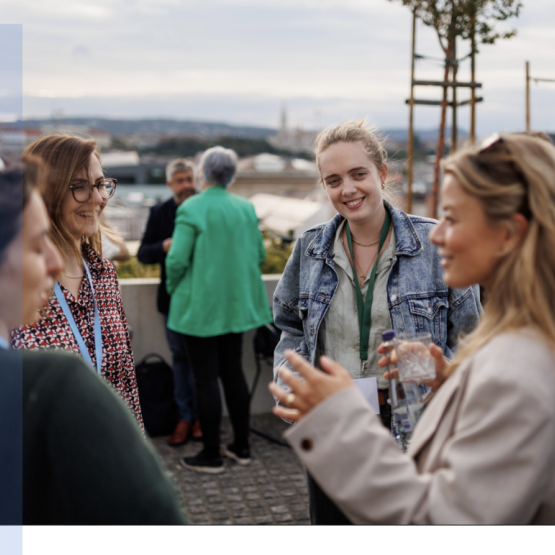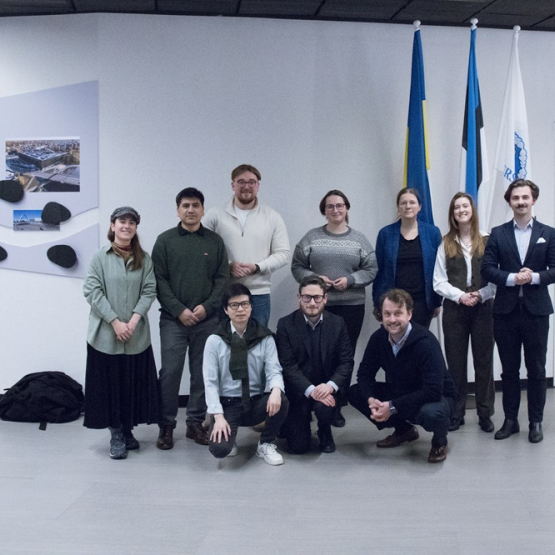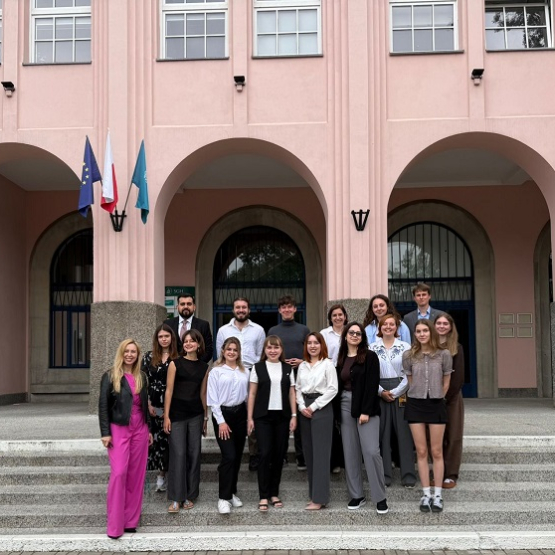The first meeting of the International Advisory Board (IAB) of the SGH Warsaw School of Economics
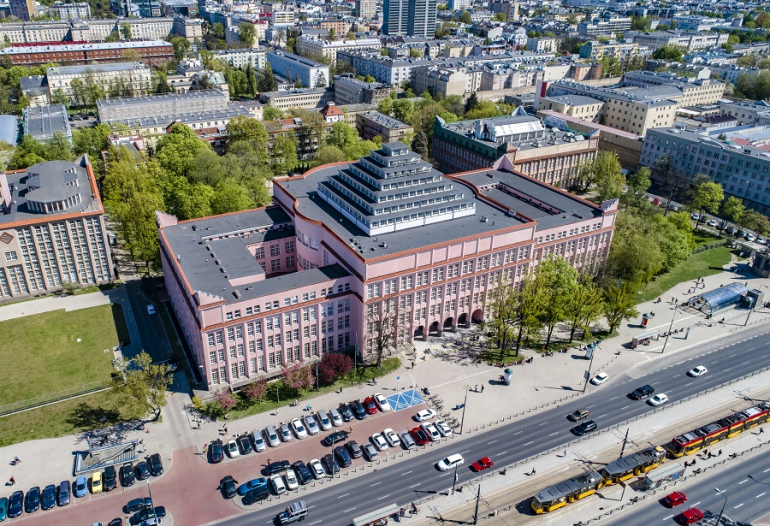
The meeting was attended, among others, by: Stefano Caselli, Vice Rector for International Affairs, Bocconi University in Milan; Edeltraud Hanappi-Egger, Rector of Vienna University of Economics and Business (WU); Jan Kratzer, Professor of Entrepreneurship and Innovation Management and Academic Director and Founder of the Center for Entrepreneurship (CfE) at Berlin Technical University; Greg Mosier, Dean of the College of Business, University of Nevada, Reno; Julia von Maltzan Pacheco, Associate Dean for Global Affairs in School of Business Administration in Sao Paulo of Getulio Vargas Foundation; Prof. Sri Zaheer, Dean of the Carlson School of Management at the University of Minnesota; Prof. Sin Hoon Hum, Associate Dean of the School of Business at the National University of Singapore and Prof. Sherif H. Kamel, Dean of the Faculty of Management at the American University in Cairo. SGH was represented by Rector Wachowiak, Vice Rector for International Relations Jacek Prokop, Professor of SGH, Chancellor Marcin Dąbrowski PhD and Director of International Center Katarzyna Kacperczyk.
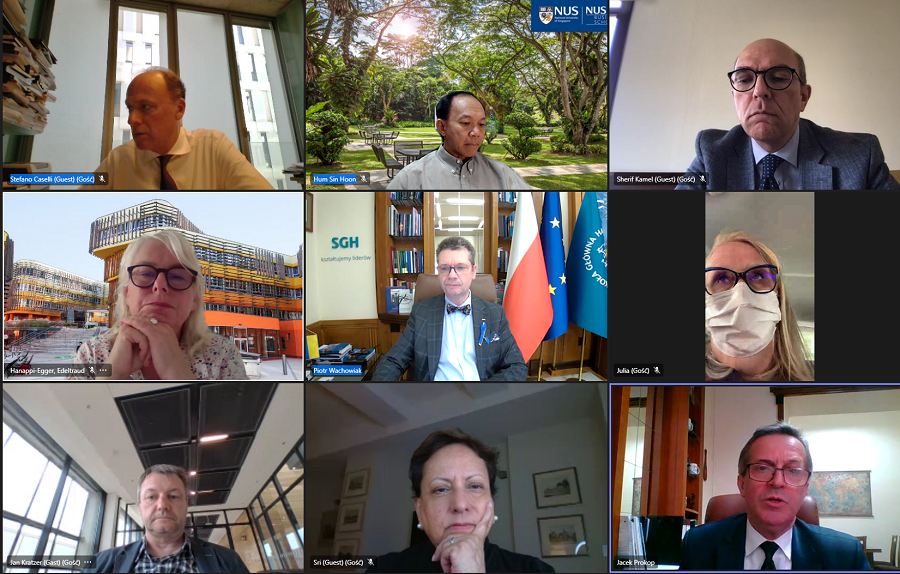
During the meeting, the Chancellor Dabrowski provided basic information on the functioning of the university under the conditions of the epidemic. He analyzed further scenarios of the university's development taking into account such threats.
Then a discussion was opened on the main directions and trends in the past and future activity of business schools around the world in the context of the COVID-19 pandemic.
The short presentation “SGH Warsaw School of Economics - struggle with the implications of the pandemic” by the Chancellor was starting point of the debate devoted to the impact of COVID-19 on educational process. In his comprehensive review of measures taken by the SGH leadership the chancellor reminded that in December 2021 the SGH rectorship made an independent decision on suspending stationary classes due to worsening epidemic situation as it did once in 2020. “Students started attending in person regular classes only in March, 2022” – Dąbrowski said.
Tour d’horizon discussion following the presentation proved there were different approaches as how to deal with lockdown. “We produced everything online while leaving students the liberty to decide as how they attend classes : remotely either in situ” – explained prof. Pacheco from FGV EAESP. She pointed out that for some students based abroad it was the only way to continue their studies.
Prof. Jan Kratzer from Berlin Technical University and prof. Hanappi-Egger from WU claimed that possibility of following classes online should be limited due to the socialisation factor.
According to prof. Mosier from the University of Nevada, “percentage of the courses that could be taught online should never overcome 20 percent.” Prof. Sri Zaheer from Carlson School of Management, pointed out the undergraduate students should be exempted from remote teaching. “In August 2021 students returned to the university, all classes are well-equipped for online teaching, but we do our best to attract as many students as we can to face-to-face teaching” – explained prof. Sri Zaheer. At the same time – she added – “counselling or consultations by supervisors might go through internet” but we are sticking to the principle that in every semester one case-study seminar or workshop based on the work with client should take place on the campus.
“The reality is that many students prefer to be taught in person” – pointed out prof. Caselli from the Bocconi University. “Networking is an important part of the executive education and they realise it” – he added. All the IAB members agreed with his view. “Personal teaching is not something that could be put under question or abandoned” – was a conclusion. Socialisation, protection of students’ metal health and sound relation to the academic community were mentioned as main reasons for maintaining delivering education in-situ.
Prof. Pacheco argued that some flexibility is necessary as far as offering online/hybrid education to MBA and EMBA students, many of them coming from the countries all around the world. She drew attention of the IAB members to the experience of FGV EAE in Sao Paolo: “in case of BA students we don’t offer any course on video streaming even if every class has been recorder, in first semester of MA studies some hybrid courses are possible”.
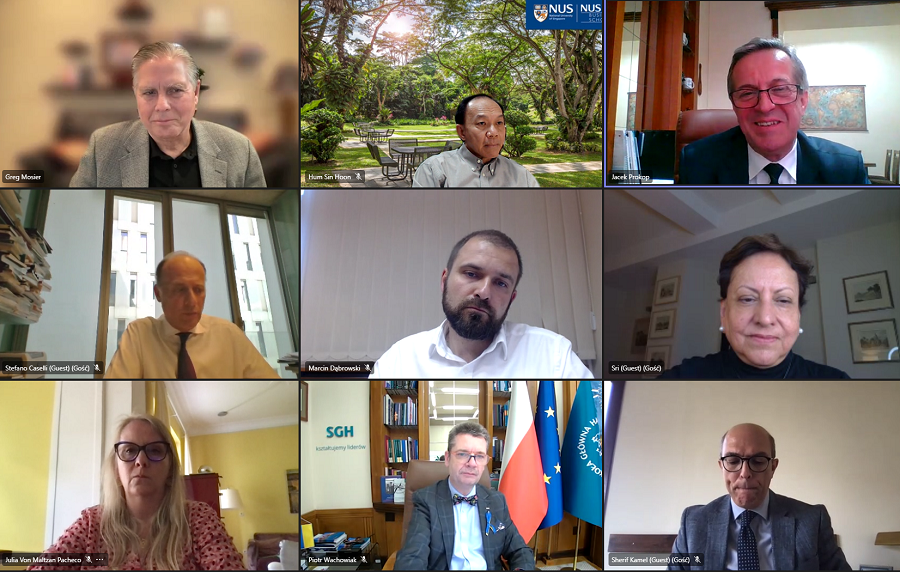
Prof. Sin Hoon Hum from Singapore National University the pandemic has been a key experience for business schools and economic universities. “We became more efficient from digital point of view, better equipped and experienced” – he said. “At the same time we recognise better than in the past the social effect of face to face teaching and we acknowledge eventually the role of personal inspiration in the education”.
“In the matter of the fact deep transformation of teaching has started years ago – said Prof. Kamel from American University in Cairo – and COVID-19 simply accelerated this process. The eco-system of teaching would never be the same” – he stressed.
“A way that we deliver our education should be inevitably reviewed – added Prof. Kratzer. “We still stick the +class-teacher-pupils+ scheme whereas after the pandemic we should rather face the reality where students are grasping up some necessary elements of teachings without spending 4-5 years at one school”.
The short and comprehensive overview of the good practices of fulfilling criteria of international accreditation was the next stage of the meeting. During the meeting the matters related to AACSB accreditation were discussed; IAB members exchanged experiences regarding this accreditation. The SGH Rector Prof. Piotr Wachowiak expressed his gratitude towards IAB members for sharing with our university their advice. He invited the IAB member for in person meeting to be hold at the SGH Warsaw School of Economics in Warsaw December 6-7.

